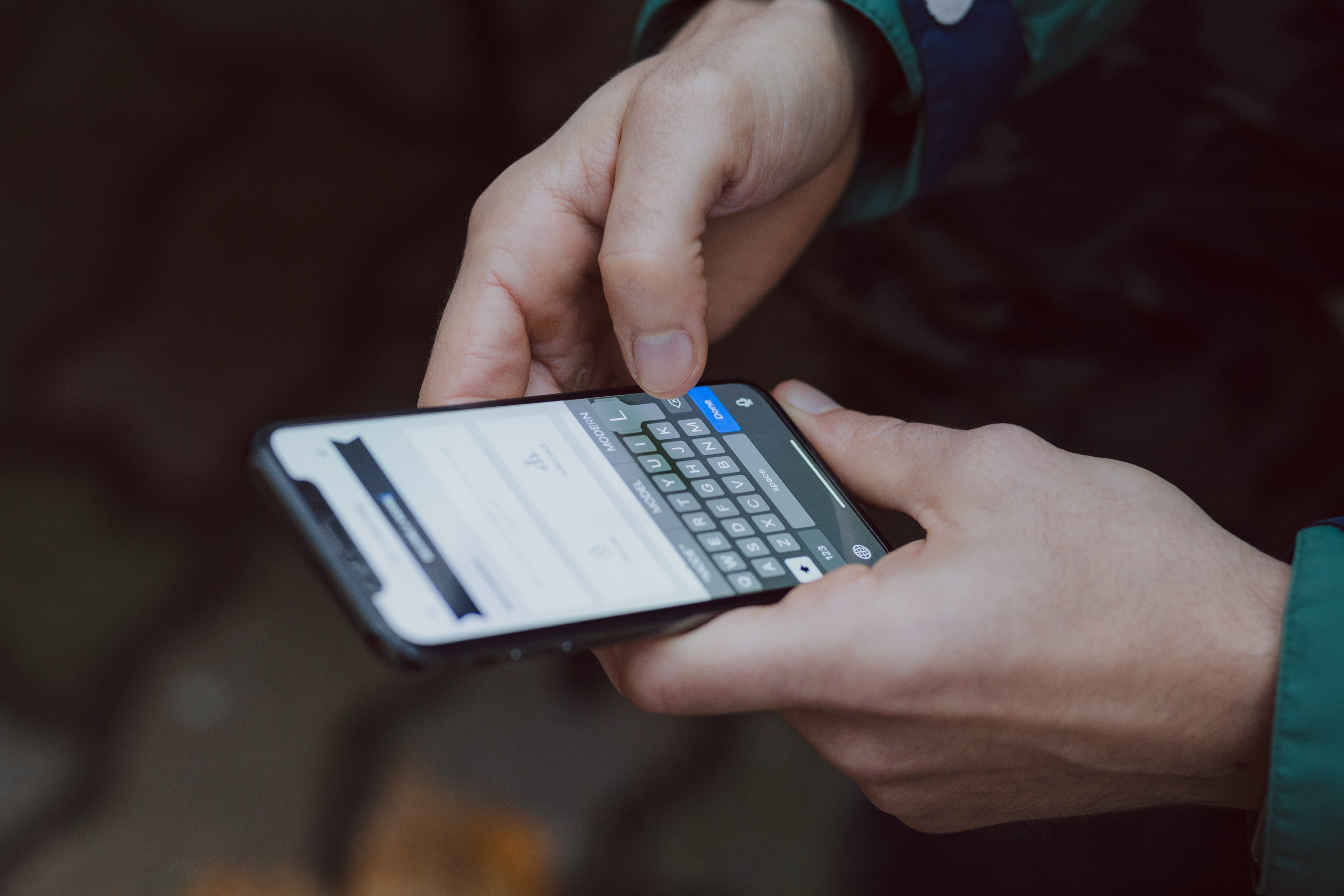For a long time, Google has been pushing Rich Communication Services (RCS) messaging, a new texting standard meant to replace SMS and MMS for Android users.
Basically, the idea is to compete with Apple’s iMessage and its distinctive blue bubbles – yet it has encountered a gradual and sometimes arduous process.
But following a beta release back in December 2022, Google has enabled the Rich Communication Services (RCS) feature as the default messaging protocol for its Messages app marking a big milestone in its ongoing efforts with RCS.
The incorporation of RCS into Google’s Messages app introduces a suite of innovative features, with end-to-end encryption messaging being a noteworthy highlight. This means that all messages sent over RCS are only viewable by the sender and recipient and are kept private from Google, your carrier, or any other parties, including group chats.
Beyond end-to-end encryption, RCS offers a handful of great improvements to messaging over standard SMS, including typing indicators, read receipts, and the ability to share high-resolution photos and videos.
But despite Google’s relentless efforts, Apple has yet to adopt RCS, leaving the potential for improved texting experiences between Android devices and iPhones unrealized.
And while Google continues to proactively push RCS to provide Android users with a richer and more feature-rich messaging experience, it appears that the blue bubbles on iMessage which show the lack of interoperability between the two ecosystems will remain for much longer.
Google Messages enables default encryption for RCS conversations – Techloy

